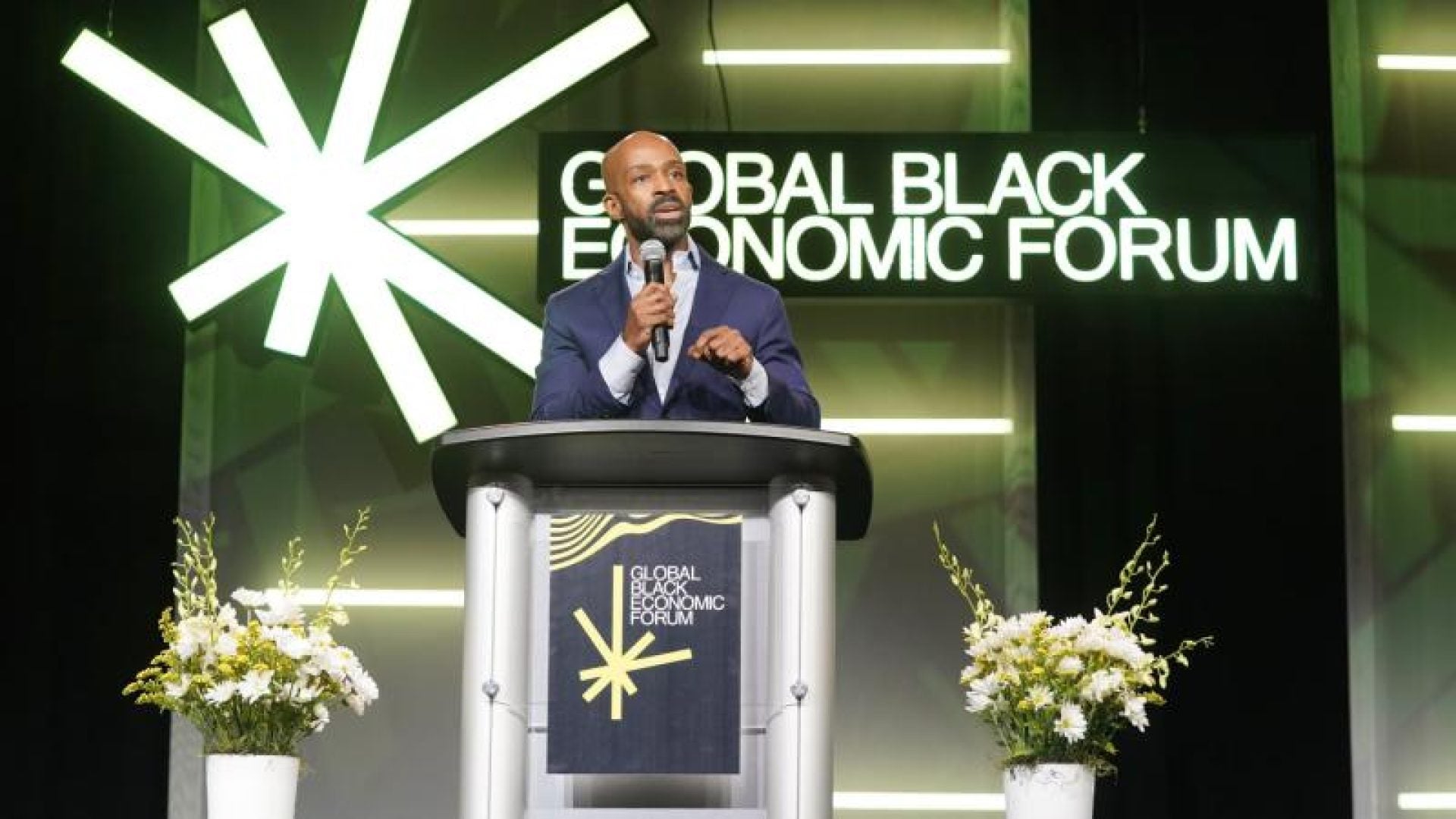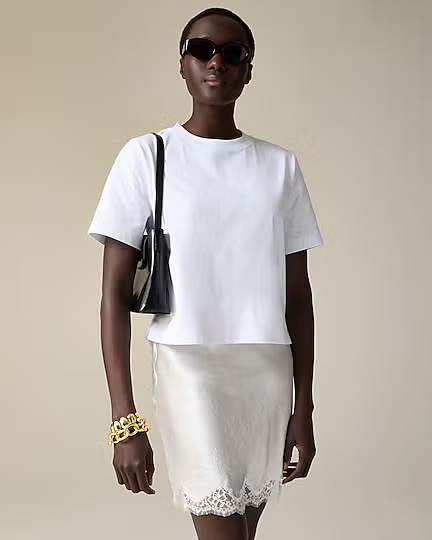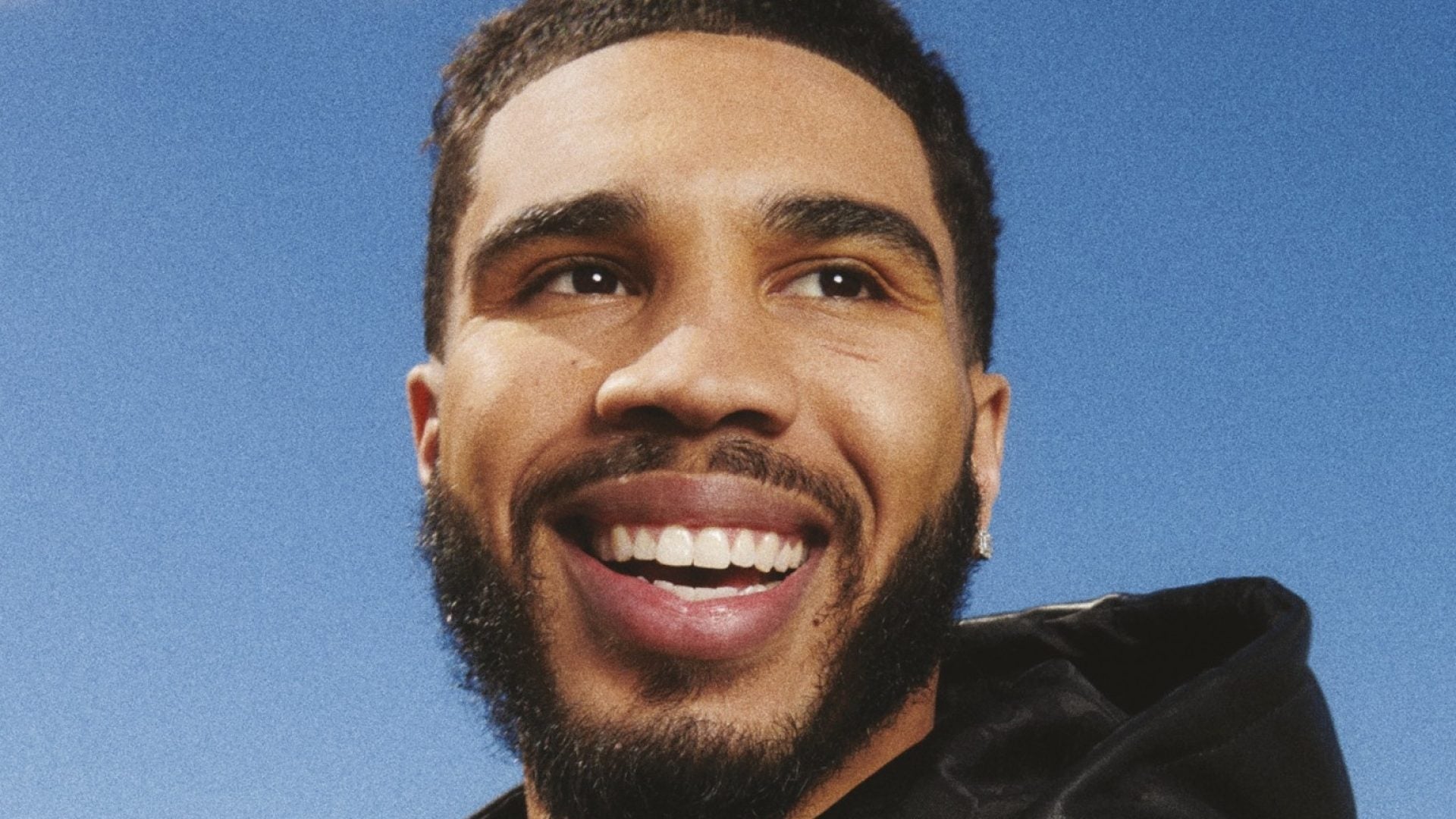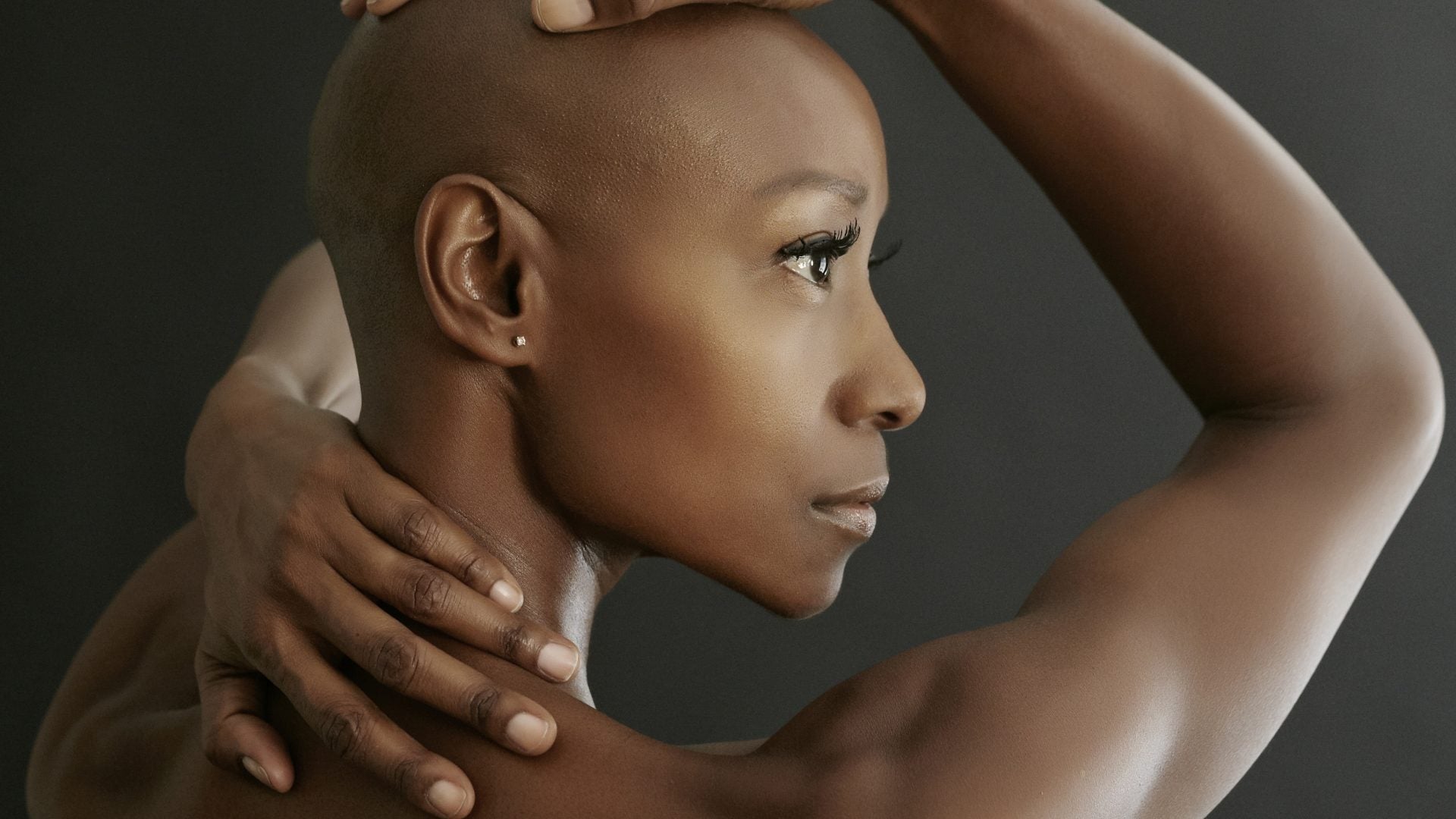
Throughout the year, the Global Black Economic Forum held numerous curated conversations focused on solutions to the most pressing economic and social issues facing marginalized communities. One of those issues – that is too often overlooked – is the relationship between Black health and wealth. Unless we start tackling medical disparities and health inequity today, we will not be able to build wealth for the future.
That intersection was the focus of an event we hosted in August as part of our Cooking Up Conversation series. Held on Martha’s Vineyard, alongside the National Medical Fellowships (NMF), the Global Black Economic Forum had a chance to sit down with NMF’s unapologetic leader, Michellene Davis. Named by Modern Healthcare magazine as one of the Top 25 Most Influential Minority Leaders in Healthcare, Michellene’s career has been at the nexus of policy advocacy and social change.
Her organization is dedicated to increasing the number of Black, Indigenous and physicians of color through scholarships, service-learning programs, mentorship opportunities and clinical research leadership training.
The conversation uncovered two simple and interconnected data points: In the next decade, the U.S. will experience amassive physician shortage while simultaneously becoming a majority non-white nation. These two trends underscore the need for more diversity in the field. Studies have shown that when patients of color see racially and ethnically diverse doctors tend to have better health outcomes.
However, the percentage of Black physicians in the U.S. is growing at an alarmingly sluggish pace – increasing by only 4% over the past 120 years. With regressive and destructive attacks on diversity, equity and inclusion efforts by conservatives, there’s never been a greater need for us to double down on these efforts. The more we can improve health outcomes, the better positioned we’ll be to seize and compete for economic opportunities in the future. Considering the urgent need to address disparities in the healthcare workforce and their direct impact on Black economic outcomes, it’s equally important to recognize the broader economic opportunities that can drive wealth creation in our communities.
Competing for one of the biggest economic opportunities in tourism and hospitality history—the 2026 FIFA World Cup—was the focus of our other curated conversation. Hosted alongside the East Point Convention and Visitors Bureau, we sat down with its President, Chantel Ross Francois. In her role, she is responsible for boosting the tourism industry for the City of East Point, Georgia. Previously, she led economic development and tourism promotion efforts in Atlanta, Trinidad, and Tobago.
Francois outlined how local businesses led by entrepreneurs of color can leverage global events like the FIFA World Cup to increase the visibility of their brand, boost their sales, or even start their own businesses. She highlighted the importance of partnerships with event organizers, teams, and athletes to help build company awareness. That collaboration is also critical, as city officials coordinate with a range of stakeholders to ensure the safety of tourists and the maximum economic opportunity for the local community.






When it comes to major events like this, it’s also important to create a sense of community pride in whatever sector a business is competing in. That pride translates to a strong connection with travelers, so they will continue to engage with small businesses or spark a curiosity within them to discover more about the community. The 2026 FIFA World Cup has the potential to put millions of dollars into the pockets and communities of people of color– and it’s key for businesses to start planning for now if they haven’t done so already.
Alphonso David is a civil rights attorney and the President and CEO of the Global Black Economic Forum.








